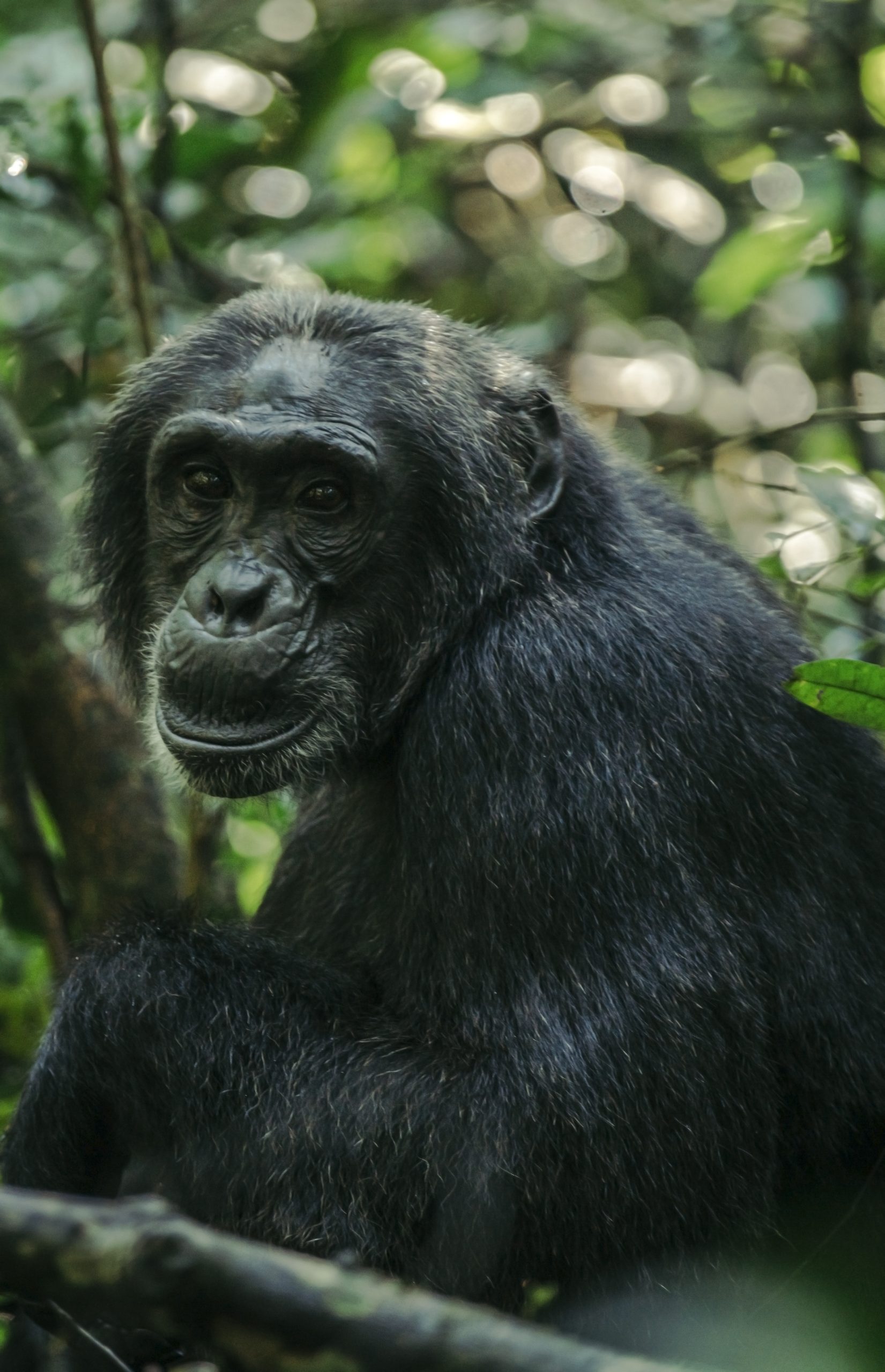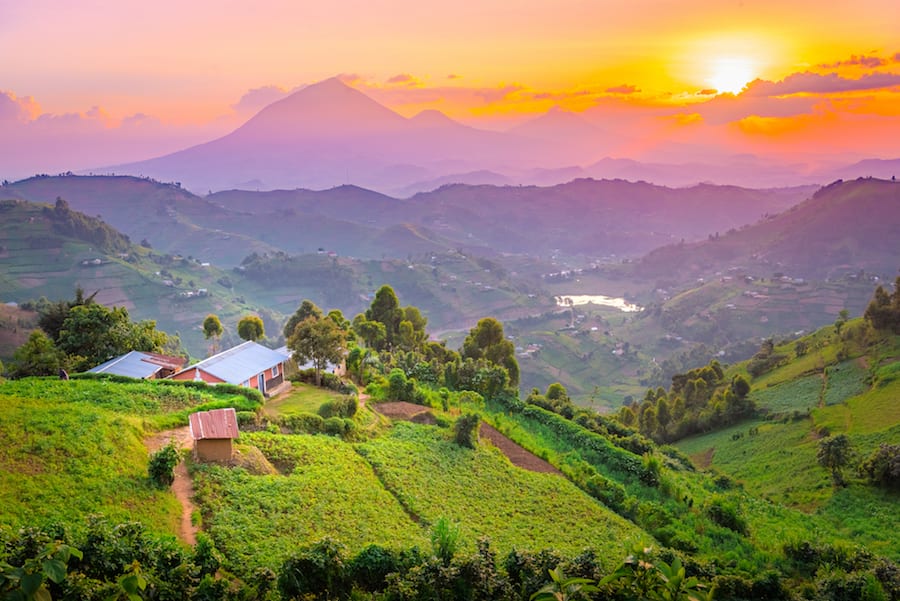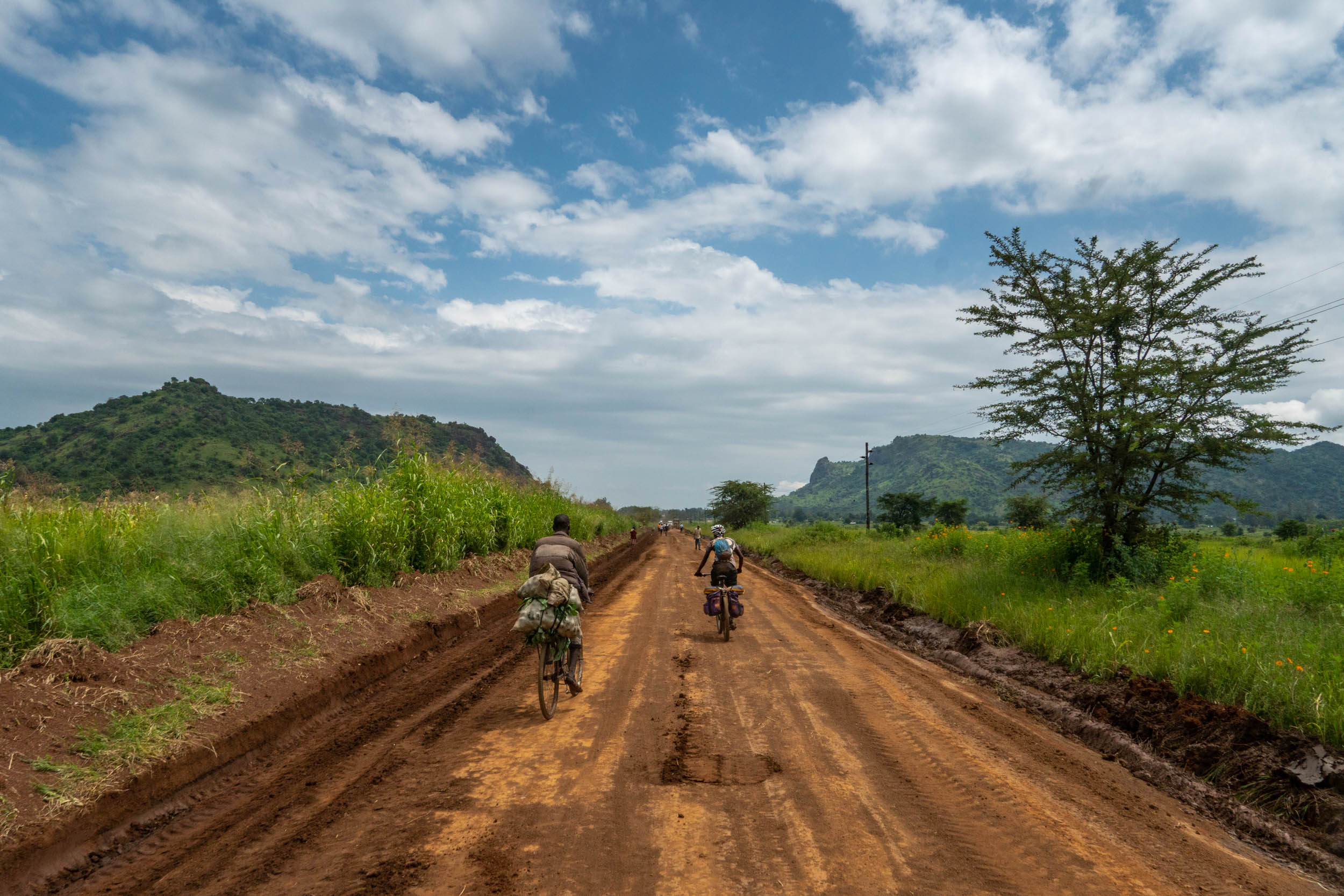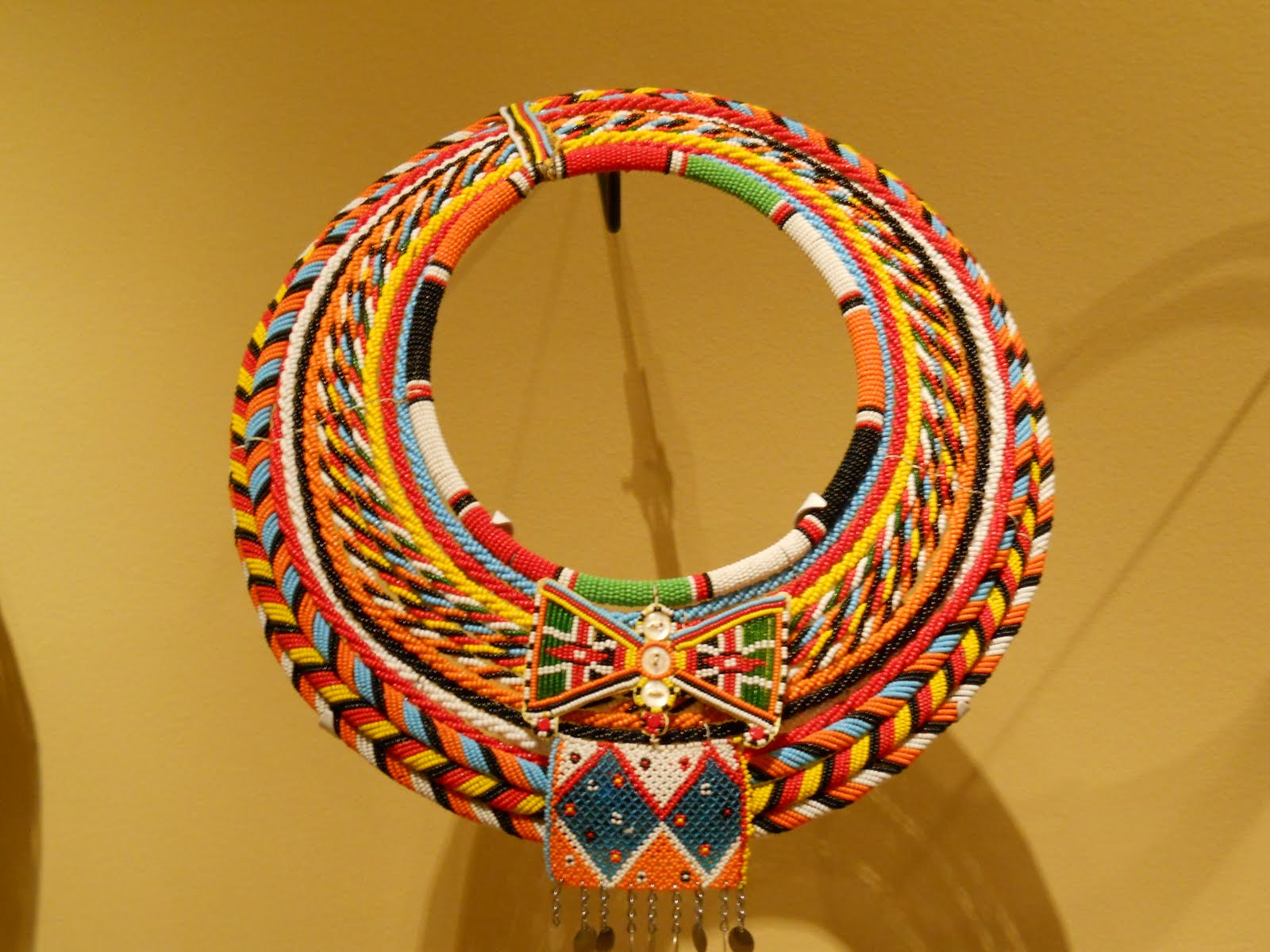Uganda: A Landlocked Jewel In The Heart Of Africa
Uganda: A Landlocked Jewel in the Heart of Africa
Related Articles: Uganda: A Landlocked Jewel in the Heart of Africa
Introduction
With great pleasure, we will explore the intriguing topic related to Uganda: A Landlocked Jewel in the Heart of Africa. Let’s weave interesting information and offer fresh perspectives to the readers.
Table of Content
Uganda: A Landlocked Jewel in the Heart of Africa

Uganda, often referred to as the "Pearl of Africa," is a landlocked country located in East-Central Africa. It shares borders with Kenya to the east, South Sudan to the north, Democratic Republic of Congo to the west, Rwanda to the southwest, and Tanzania to the south. This geographically strategic position places Uganda at the crossroads of several major African trade routes and has significantly influenced its history, culture, and economy.
Geography and Topography
Uganda’s landscape is characterized by a diverse topography, ranging from the snow-capped peaks of the Rwenzori Mountains to the vast savannas of the north and the fertile shores of Lake Victoria, the largest lake in Africa. The country is further divided into four distinct regions:
- The Western Rift Valley: This region is home to the Albertine Rift, a biodiversity hotspot known for its stunning scenery, including the Rwenzori Mountains, Lake Edward, and Lake George.
- The Central Plateau: This plateau, characterized by rolling hills and fertile soils, encompasses Kampala, the capital city, and is a major agricultural hub.
- The Eastern Region: This region is marked by the vast savannas of the Karamoja region, known for its unique culture and traditional lifestyle.
- The Northern Region: This region is dominated by the Acholi and Lango sub-regions, characterized by flat plains and seasonal swamps.
Climate and Natural Resources
Uganda experiences a tropical climate with two distinct rainy seasons, typically from March to May and from September to November. The country is blessed with abundant natural resources, including fertile land, a vast network of rivers and lakes, and significant mineral deposits. These resources are crucial for its agricultural economy and have the potential to drive further economic development.
History and Culture
Uganda’s history is rich and complex, shaped by interactions between indigenous communities, European colonial powers, and various political movements. The country gained independence from British rule in 1962, and its history has been marked by periods of political stability and instability.
Culturally, Uganda is a vibrant tapestry of diverse ethnic groups, each with its unique traditions, languages, and customs. The country is known for its rich musical heritage, traditional dances, and vibrant art scene.
Economy and Development
Uganda’s economy is primarily driven by agriculture, with coffee, tea, and cotton being key exports. However, the country is striving to diversify its economy by promoting tourism, manufacturing, and services.
The government has implemented various development programs aimed at improving infrastructure, education, and healthcare. Uganda has made significant progress in reducing poverty and improving access to basic services, but challenges remain, particularly in areas such as unemployment and inequality.
Tourism
Uganda is a popular tourist destination, renowned for its breathtaking landscapes, diverse wildlife, and rich cultural heritage. The country offers a variety of attractions, including:
- National Parks: Uganda is home to ten national parks, including Murchison Falls National Park, Queen Elizabeth National Park, and Bwindi Impenetrable National Park, famous for its mountain gorillas.
- Lake Victoria: The largest lake in Africa, Lake Victoria offers opportunities for fishing, boating, and exploring the surrounding islands.
- The Rwenzori Mountains: These snow-capped mountains offer stunning views and challenging hiking trails.
- Cultural Heritage: Uganda’s diverse ethnic groups offer a fascinating glimpse into traditional customs, art, and music.
Challenges and Opportunities
Despite its progress, Uganda faces a number of challenges, including:
- Poverty and Inequality: Poverty remains a significant problem, particularly in rural areas.
- Conflict and Instability: Uganda has experienced periods of conflict and instability, particularly in the north and east.
- Environmental Degradation: Deforestation, soil erosion, and pollution are significant environmental challenges.
However, Uganda also has numerous opportunities for growth and development, including:
- Natural Resources: The country’s abundant natural resources offer potential for economic diversification.
- Young Population: Uganda has a young and growing population, which can be a source of economic dynamism.
- Tourism: The tourism sector has the potential to generate significant revenue and create jobs.
FAQs about Uganda
Q: What is the official language of Uganda?
A: The official language of Uganda is English, but there are over 40 other languages spoken, including Luganda, Swahili, and Acholi.
Q: What is the currency of Uganda?
A: The currency of Uganda is the Ugandan shilling (UGX).
Q: What is the best time to visit Uganda?
A: The best time to visit Uganda is during the dry season, from June to August and from December to February.
Q: What are the visa requirements for entering Uganda?
A: Visa requirements vary depending on your nationality. It is recommended to check with the Ugandan embassy in your country for the latest requirements.
Q: What are some safety tips for travelers to Uganda?
A: It is generally safe to travel to Uganda, but it is important to be aware of your surroundings and take precautions against petty crime. It is also recommended to consult with local authorities for the latest security updates.
Tips for Visiting Uganda
- Plan Your Trip: Research the different regions and attractions that interest you and plan your itinerary accordingly.
- Get Travel Insurance: It is essential to have comprehensive travel insurance that covers medical expenses, trip cancellation, and other unforeseen circumstances.
- Respect Local Customs: Uganda is a culturally diverse country, so it is important to be respectful of local customs and traditions.
- Pack Appropriately: Pack lightweight clothing, comfortable shoes, and insect repellent.
- Learn a Few Basic Phrases: Learning a few basic phrases in Luganda or Swahili can be helpful for interacting with locals.
- Support Local Businesses: When shopping or dining, consider supporting local businesses and artisans.
Conclusion
Uganda, with its stunning natural beauty, rich culture, and diverse wildlife, is a captivating destination that offers something for every traveler. The country’s history, geography, and culture are intricately intertwined, creating a unique and unforgettable experience. As Uganda continues to develop and grow, it is poised to become an even more prominent player on the global stage. By embracing its potential and addressing its challenges, Uganda can secure a brighter future for its people and contribute to the prosperity of the African continent.








Closure
Thus, we hope this article has provided valuable insights into Uganda: A Landlocked Jewel in the Heart of Africa. We appreciate your attention to our article. See you in our next article!